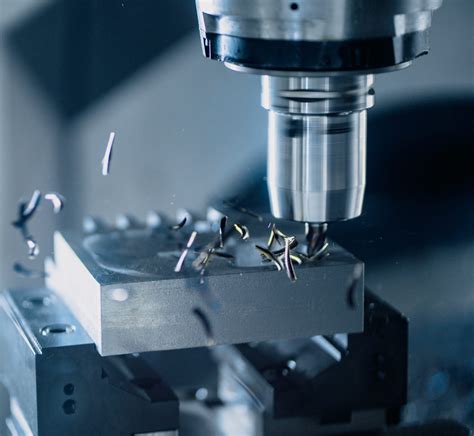Precision Matters: Industrial Applications Demand High Accuracy
In the world of industrial manufacturing, precision is not just a desirable trait, but a necessity. The demand for high accuracy is driven by the need for reliable and efficient production processes, as well as the requirement for consistent quality in end-products. In this article, we will delve into the world of industrial applications and explore the importance of precision in various sectors.
What is Precision in Industrial Applications?
Precision in industrial applications refers to the ability to produce or measure components with a high degree of accuracy and consistency. This can involve the use of specialized equipment, software, or techniques to ensure that products meet specific standards or tolerances. In many industries, precision is critical to ensuring the safety, reliability, and performance of end-products.

Applications of Precision in Industry
Precision is essential in various industrial sectors, including:
- Aerospace Engineering: In the aerospace industry, precision is crucial for ensuring the safety and performance of aircraft and spacecraft components. Engineers use specialized software and equipment to design and manufacture components with tight tolerances.
- Automotive Manufacturing: In the automotive industry, precision is essential for ensuring the quality and reliability of vehicles. Manufacturers use precision engineering techniques to produce components such as engine blocks, cylinder heads, and transmission parts.
- Medical Device Manufacturing: In the medical device industry, precision is critical for ensuring the safety and efficacy of medical implants, instruments, and equipment. Manufacturers use precision engineering techniques to produce components such as hip and knee replacements, surgical instruments, and diagnostic equipment.
- Semiconductor Manufacturing: In the semiconductor industry, precision is essential for ensuring the quality and reliability of microchips and other electronic components. Manufacturers use precision engineering techniques to produce components with nanoscale features.
The Benefits of Precision in Industrial Applications
The benefits of precision in industrial applications are numerous. Some of the most significant advantages include:
- Improved Quality: Precision engineering techniques enable manufacturers to produce components with consistent quality, reducing the risk of defects and improving overall product reliability.
- Increased Efficiency: Precision engineering techniques can streamline production processes, reducing production time and costs.
- Enhanced Safety: Precision engineering techniques can ensure that components meet specific safety standards, reducing the risk of accidents and injuries.
- Competitive Advantage: Manufacturers that invest in precision engineering techniques can gain a competitive advantage in their respective markets, attracting customers who demand high-quality products.

Challenges and Limitations of Precision in Industry
While precision is essential in industrial applications, there are several challenges and limitations that manufacturers must overcome. Some of the most significant challenges include:
- Equipment Costs: Precision engineering equipment can be expensive, making it inaccessible to smaller manufacturers or those with limited budgets.
- Skilled Labor: Precision engineering requires specialized skills and training, which can be difficult to find in some regions.
- Material Limitations: Some materials may not be suitable for precision engineering techniques, limiting the range of applications.
Emerging Trends in Precision Engineering
The field of precision engineering is constantly evolving, with new technologies and techniques emerging all the time. Some of the most significant emerging trends include:
- Additive Manufacturing: Additive manufacturing techniques, such as 3D printing, are enabling manufacturers to produce complex components with high precision and accuracy.
- Artificial Intelligence: Artificial intelligence (AI) is being used to optimize precision engineering processes, improving efficiency and reducing costs.
- Internet of Things (IoT): The IoT is enabling manufacturers to connect precision engineering equipment and monitor production processes in real-time, improving efficiency and reducing downtime.

Conclusion
Precision is a critical component of industrial manufacturing, enabling manufacturers to produce high-quality products with consistent accuracy and reliability. While there are challenges and limitations to precision engineering, the benefits far outweigh the costs. As new technologies and techniques emerge, manufacturers will continue to push the boundaries of precision engineering, improving efficiency, reducing costs, and enhancing product quality.






What is precision engineering?
+Precision engineering is a branch of engineering that deals with the design, development, and manufacturing of high-precision components and systems.
What are the benefits of precision engineering?
+The benefits of precision engineering include improved quality, increased efficiency, enhanced safety, and competitive advantage.
What are the challenges of precision engineering?
+The challenges of precision engineering include equipment costs, skilled labor, and material limitations.
